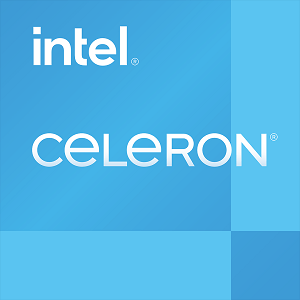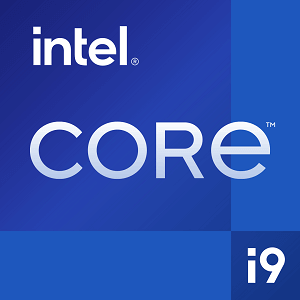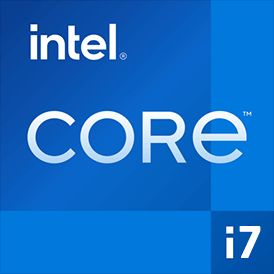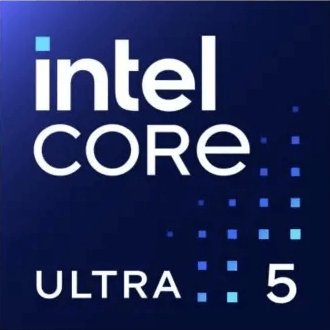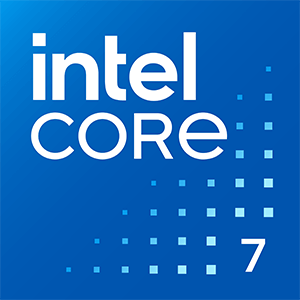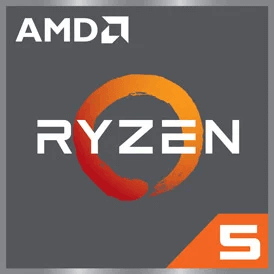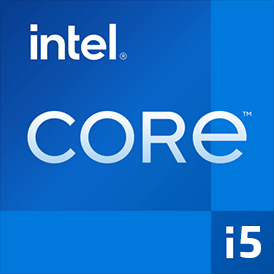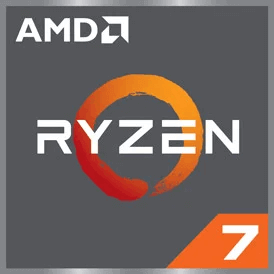Intel Celeron N4000 vs Intel Core i9 12900H
We compared two laptop CPUs: Intel Celeron N4000 with 2 cores 1.1GHz and Intel Core i9 12900H with 14 cores 2.5GHz . You will find out which processor performs better in benchmark tests, key specifications, power consumption and more.
Main Differences
Intel Celeron N4000 's Advantages
Lower TDP (6W vs 45W)
Intel Core i9 12900H 's Advantages
Released 4 years and 1 months late
Better graphics card performance
Higher specification of memory (5200 vs 2400)
Larger memory bandwidth (76.8GB/s vs 35.76GB/s)
Newer PCIe version (4.0 vs 2.0)
Higher base frequency (2.5GHz vs 1.1GHz)
More modern manufacturing process (10nm vs 14nm)
Score
Benchmark
Cinebench R23 Single Core
Intel Celeron N4000
430
Intel Core i9 12900H
+343%
1906
Cinebench R23 Multi Core
Intel Celeron N4000
712
Intel Core i9 12900H
+2217%
16503
Geekbench 6 Single Core
Intel Celeron N4000
339
Intel Core i9 12900H
+607%
2397
Geekbench 6 Multi Core
Intel Celeron N4000
474
Intel Core i9 12900H
+2425%
11973
Blender
Intel Celeron N4000
7
Intel Core i9 12900H
+3142%
227
Geekbench 5 Single Core
Intel Celeron N4000
421
Intel Core i9 12900H
+336%
1839
Geekbench 5 Multi Core
Intel Celeron N4000
776
Intel Core i9 12900H
+1535%
12692
Passmark CPU Single Core
Intel Celeron N4000
1035
Intel Core i9 12900H
+268%
3811
Passmark CPU Multi Core
Intel Celeron N4000
1411
Intel Core i9 12900H
+1903%
28264
General Parameters
Dec 2017
Release Date
Jan 2022
Intel
Manufacturer
Intel
Laptop
Type
Laptop
x86-64
Instruction Set
x86-64
Gemini Lake
Core Architecture
Alder Lake
N4000
Processor Number
i9-12900H
BGA-1090
Socket
BGA-1744
UHD Graphics 600
Integrated Graphics
Iris Xe Graphics (96EU)
Package
14 nm
Manufacturing Process
10 nm
6 W
Power Consumption
35-45 W
-
Max Turbo Power Consumption
115 W
105 °C
Peak Operating Temperature
100°C
CPU Performance
2
Performance Cores
6
2
Performance Core Threads
12
1.1 GHz
Performance Core Base Frequency
2.5 GHz
-
Performance Core Turbo Frequency
5 GHz
-
Efficiency Cores
8
-
Efficiency Core Threads
8
-
Efficiency Core Base Frequency
1.8 GHz
-
Efficiency Core Turbo Frequency
3.8 GHz
2
Total Core Count
14
2
Total Thread Count
20
-
Bus Frequency
100 MHz
-
Multiplier
25x
48 K per core
L1 Cache
80 K per core
4 MB per core
L2 Cache
1280 K per core
-
L3 Cache
24 MB shared
No
Unlocked Multiplier
No
Memory Parameters
DDR4-2400, LPDDR4-2400
Memory Types
DDR5-4800, DDR4-3200, LPDDR5-5200, LPDDR4x-4267
8 GB
Max Memory Size
64 GB
2
Max Memory Channels
2
35.76 GB/s
Max Memory Bandwidth
76.8 GB/s
No
ECC Memory Support
No
Graphics Card Parameters
true
Integrated Graphics
true
200 MHz
GPU Base Frequency
300 MHz
650 MHz
GPU Max Dynamic Frequency
1450 MHz
96
Shader Units
768
12
Texture Units
48
2
Raster Operation Units
24
12
Execution Units
96
5 W
Power Consumption
15 W
3840x2160 - 30 Hz
Max Resolution
-
0.14 TFLOPS
Graphics Performance
1.69 TFLOPS
Miscellaneous
2.0
PCIe Version
4.0
6
PCIe Lanes
28
SSE4.2
Extended Instruction Set
-
